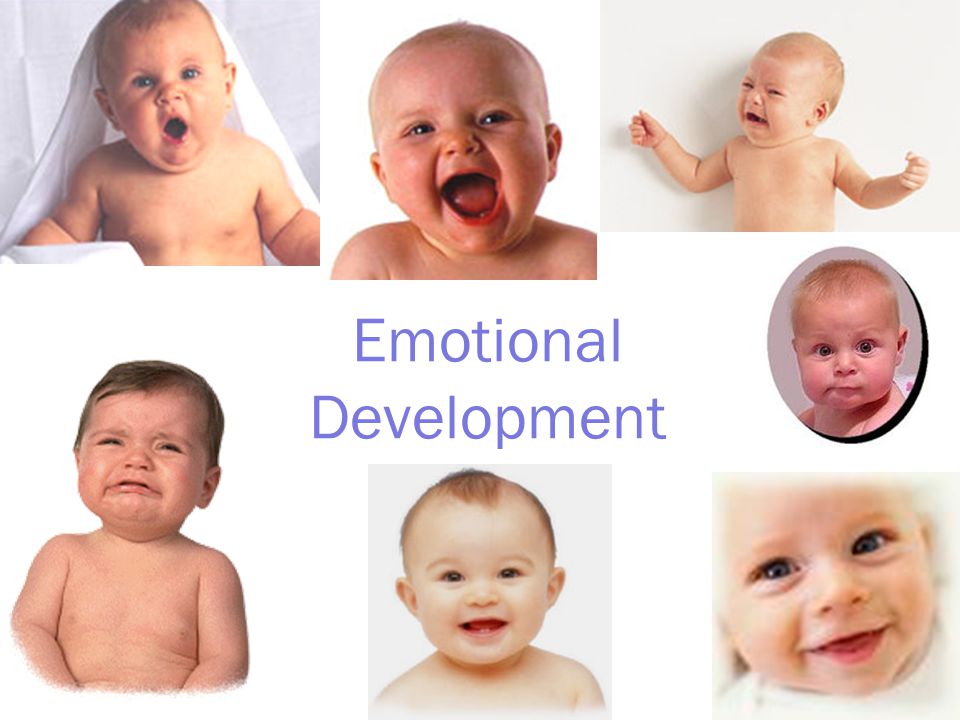 Source: bing.com
Source: bing.comTable of Contents
Introduction
Becoming a mother is a life-changing experience that comes with a rollercoaster of emotions. The postpartum period is a time of tremendous physical and emotional change for new mothers. Many new mothers experience a range of emotions after giving birth, from joy and happiness to sadness and anxiety. In this article, we will discuss emotional development after having a baby and provide tips for coping with postpartum emotions.
The Emotional Journey of Motherhood
The emotional journey of motherhood begins during pregnancy, as women prepare to bring a new life into the world. As the due date nears, many women feel anxious and overwhelmed, wondering if they will be able to handle the responsibilities of motherhood. After childbirth, many women experience a range of emotions, including joy, excitement, and love for their new baby. However, they can also experience negative emotions, such as sadness, anxiety, and guilt.
The Baby Blues
The baby blues are a common experience for many new mothers. The baby blues usually begin a few days after childbirth and can last up to two weeks. Symptoms of the baby blues may include crying, irritability, and mood swings. The baby blues are caused by hormonal changes in the body after childbirth, as well as the stress and exhaustion of caring for a newborn.
Postpartum Depression
Postpartum depression is a more severe form of postpartum emotional disturbance. Postpartum depression occurs in about 10-20% of new mothers and can last for several months or longer if left untreated. Symptoms of postpartum depression include sadness, hopelessness, and feelings of worthlessness. New mothers with postpartum depression may also experience difficulty bonding with their baby, lack of energy, and changes in appetite.
Postpartum Anxiety
Postpartum anxiety is another common emotional disturbance that new mothers may experience. Postpartum anxiety can manifest as excessive worrying, panic attacks, and obsessive thinking. New mothers with postpartum anxiety may feel overwhelmed and unable to cope with the demands of caring for a new baby.
Coping Strategies for Postpartum Emotions
There are many coping strategies that new mothers can use to manage their postpartum emotions. These coping strategies include:- Getting rest and sleep whenever possible. Many new mothers experience sleep deprivation, which can exacerbate negative emotions.- Talking to a trusted friend, family member, or medical professional about their emotions. Talking through emotions can help new mothers process their feelings and feel less alone.- Seeking professional help if their emotions are interfering with their daily life. This may include therapy, medication, or support groups.- Making time for self-care, such as taking a bath, reading a book, or going for a walk. It is important for new mothers to take time for themselves to recharge and relax.- Connecting with other new mothers through support groups or online forums. Sharing experiences with other new mothers can help alleviate feelings of isolation and provide a sense of community.
Conclusion
Emotional development after having a baby can be a challenging and overwhelming experience. However, it is important for new mothers to remember that they are not alone in their emotions. By using coping strategies and seeking professional help when necessary, new mothers can manage their postpartum emotions and enjoy the journey of motherhood.Frequently Asked Questions:Q: How long do the baby blues last?A: The baby blues typically last for up to two weeks after giving birth.Q: How common is postpartum depression?A: Postpartum depression occurs in about 10-20% of new mothers.Q: Can postpartum depression be treated?A: Yes, postpartum depression can be treated with therapy, medication, or support groups.Q: What are some coping strategies for postpartum emotions?A: Coping strategies for postpartum emotions include getting rest, talking to a trusted friend or medical professional, seeking professional help, making time for self-care, and connecting with other new mothers through support groups or online forums.Q: Is it normal to experience negative emotions after having a baby?A: Yes, it is normal to experience a range of emotions after having a baby, both positive and negative.
